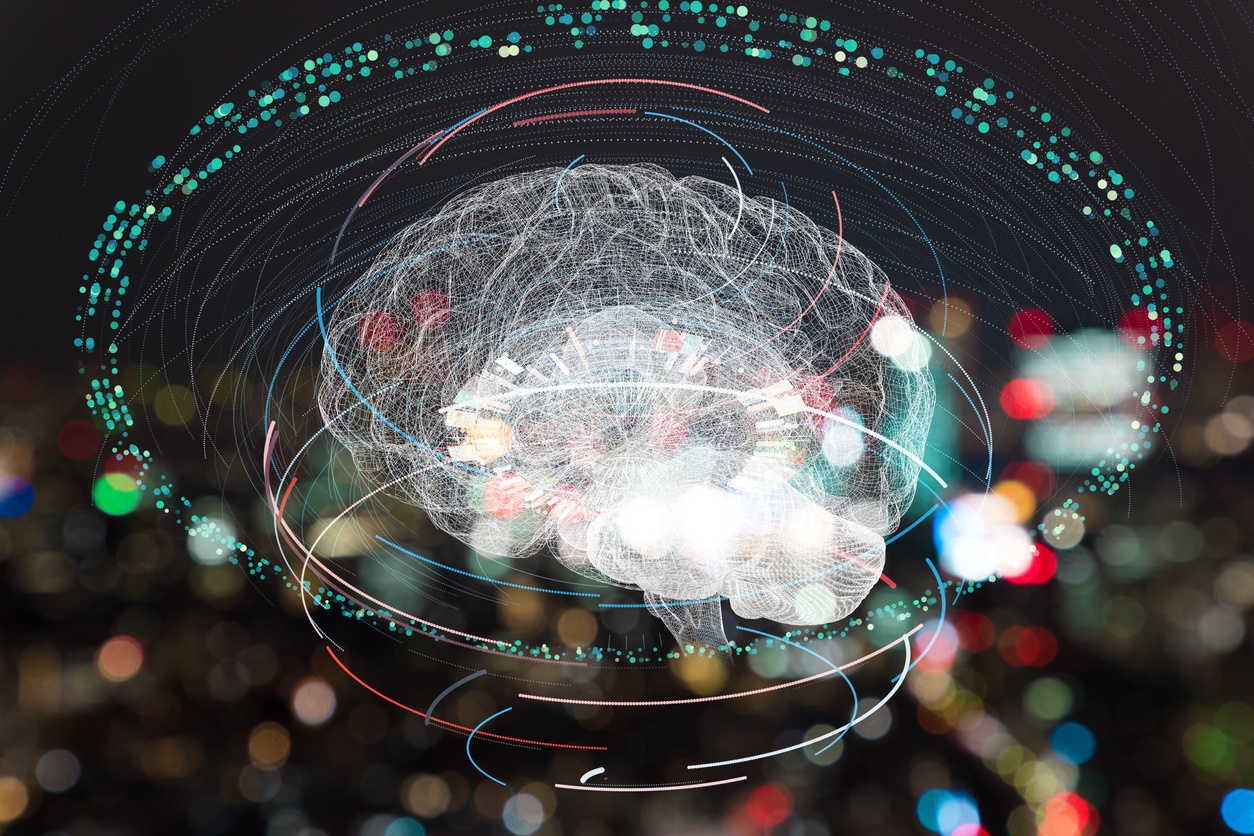The Evolving Role of Machine Learning in Measurement and Optimization

If you follow emerging technology, you’ve undoubtedly noticed the growing discussion about machine learning and artificial intelligence. Tech companies spent between $20 billion and $30 billion on AI last year, according to the McKinsey Global Institute. Machine learning, meanwhile, received the largest share of global VC and grant investments.
Google defines machine learning as “an application of artificial intelligence (AI) that provides systems the ability to automatically learn and improve from experience without being explicitly programmed. Machine learning focuses on the development of computer programs that can access data and use it to learn for themselves.” As this technology continues to evolve, it will impact a wide range of industries, including data science and marketing. But when it comes to data insights, machine learning’s capabilities haven’t caught up to the hype just yet.
Here’s what marketers and data scientists need to know about the role of machine learning in measurement and optimization.
The Current Machine Learning Landscape
In its current state, machine learning and artificial intelligence excel when executing routine tasks. The Harvard Business Review’s Andrew Ng sums it up nicely. “Almost all of AI’s recent progress is through one type, in which some input data (A) is used to quickly generate some simple response (B),” he writes.
I recently came across an article that posed the question, “Is machine learning a threat to market research?” The author’s answer was no, and based on my data science experience, I agree. Although machine learning can tell us the “what,” it currently has little application when exploring the “why”—which is where the true value of data lies.
Machine learning is very good at crunching through lots of data when there’s a very specific known problem involved. But it’s not an insight generator, and it’s not going to tell you a story. Humans still need to do the heavy lifting when it comes to interpreting and applying the data to achieve business outcomes.
That’s not to say that machine learning doesn’t have its place in measurement and optimization. Machine learning can improve data analysis by providing the ability to process large volumes of data quickly and efficiently. Our team uses machine learning to perform routine backend tasks. However, our experts are still the primary source of insight and application of findings. Machine learning can enhance basic processes, but it can’t replace human insights.
Machine Learning and the Future of Market Research
Despite its current limitations, machine learning offers the potential to transform key aspects of market research. One author describes how algorithms known as machine learners can be “designed for pattern recognition, curve fitting, classification and clustering” and can be used in conjunction with familiar techniques such as “regression and k-means clustering.” That article goes on to outline key use cases for machine learning (some seemingly simple and others likely requiring complex algorithms):
- Predicting how likely a customer is to buy a certain product
- Estimating how much a customer will spend in a product category
- Developing consumer segmentation
- Identifying key drivers, such as what service elements best predict customer satisfaction
- Creating targeted ads and analyzing social media data
There’s also a lot of chatter about “deep learning”—machine learning, but with advanced algorithms that produce actual insights—as the next major evolution of AI. However, there’s still significant skepticism about this, given the need for human subject matter expertise in providing quality insights unique to a specific brand’s market position.
The Bottom Line
As with most emerging technologies, machine learning and AI have tremendous promise. But they’ve not yet reached their full potential.
To glean the most value from your data, you still need a person who can interpret the results machine learning provides and apply that to business outcomes. And that’s what Mojo does best. Our team brings decades of expertise not only in data science, but in all aspects of pharma marketing. This knowledge can enhance machine learning processes, but it can’t be replaced by them.
As this and other technologies evolve, we’ll keep our finger on the pulse to ensure we provide the best solution for our clients.
